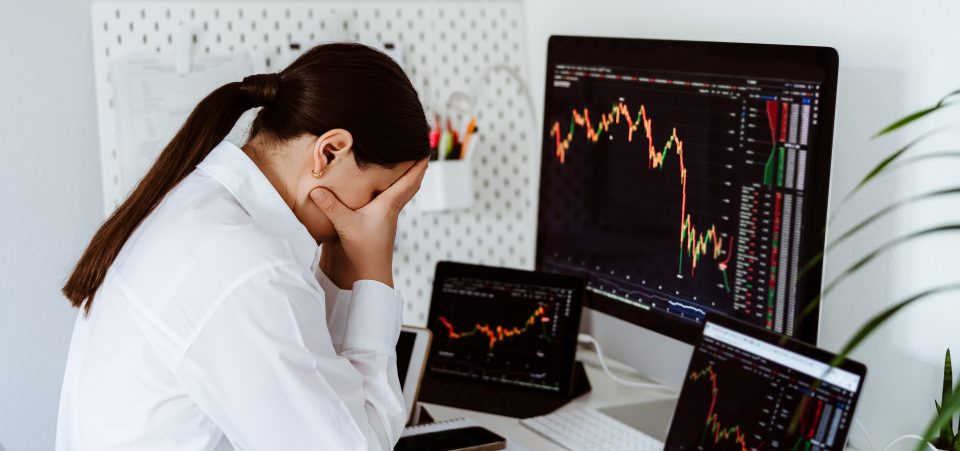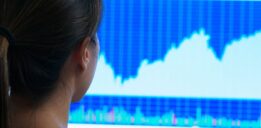Stock Market Crash Imminent? Don’t Get Complacent
It seems like investors have lost their minds: there’s euphoria all over the place and there’s no regard for risk. Looking back at history for some context, you must be fearful when investors forget everything. A stock market crash could be imminent.
When will the stock market crash happen? If anyone says they can predict exact tops and bottoms, run away from them. It’s impossible to predict when a crash will happen.
In the near term, the stock market could continue to go higher. Investors don’t really have reasons to sell. They had a great 2020, they think the market will remain the same forever, and the economic data is decent. But don’t get too comfortable. The higher the stock market goes, the bigger the sell-off could be.
So, What’s Really Happening?
I need to address this again: no one can predict the exact top.
However, there are certain things indicating that a major market top could be nearing. Historically speaking, near tops, you see significant euphoria among investors. They’re willing to pay top dollar for stocks, everyone is making money, and so on and so forth.
At the moment, the evidence of investor euphoria is immense.
Consider this: according to data from Dealogic, initial public offerings (IPOs) in the U.S. have totaled $171.0 billion year-to-date. This is already higher than what it was back in the entire year of 2020. (Source: “U.S. IPOs Hit Annual Record in Less Than Six Months,” Reuters, June 15, 2021.)
The sizes of the IPOs are much bigger as well. Regarding this, Jeff Bunzel, global co-head of equity capital markets at Deutsche Bank AG (NYSE:DB), said, “Five-hundred million used to be a pretty big IPO. Nowadays everything seems to be in the billions or three-quarters of a billion-plus. So there’s really been an explosion in the size of transactions as well.” (Source: Ibid.)
If you look at stock valuations, it almost feels like they aren’t something that investors even want to look at.
Also look at the cyclically adjusted price-to-earnings (CAPE) ratio. It’s the price-to-earnings ratio of the stock market adjusted for cyclicality and inflation. Currently, the CAPE ratio stands at 37.0. (Source: “U.S. Stock Markets 1871-Present and CAPE Ratio,” Yale University, last accessed June 17, 2021.)
How significant is this figure? The last time the CAPE ratio was this high, we were in the midst of a tech bubble back in 2000. The current CAPE ratio stands 115% above the historical average of 17.2.
Stock Market Outlook
Dear reader, I’m not rooting for a stock market crash. My goal here is to point out things that the mainstream media is failing to report. My goal is not to scare you. My goal is to inform you so you aren’t caught by surprise if a sell-off happens. Risk comes from not knowing what’s happening.
If we compare what we see nowadays to what has happened just before major stock market crashes, you’ll see that we’re in dangerous territory already and we keep marching in the risky zone. One could even say it’s just a matter of time at this point.
I think the stock market crash we saw in 2020 could just be a slight trailer of what’s to come next. Obviously, with time we will know more. The music goes on for now, but don’t be shocked when it stops.






